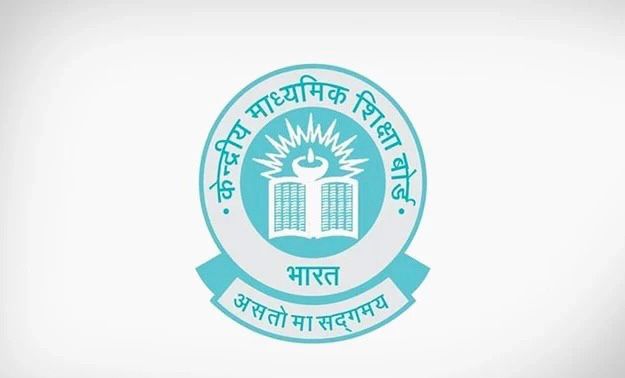“New Economic Policy 1991 altered the role of Reserve Bank of India (RBI) in the economy.”
Justify the given statement with valid explanation.
Ans.
Justify:
The New Economic Policy of 1991 significantly altered the role of the Reserve Bank of India (RBI) in the economy due to several key reforms:
-
Liberalization: The policy introduced liberalization measures aimed at opening up the Indian economy to foreign investment, trade, and competition. This required the RBI to adopt a more market-oriented approach and facilitate the integration of the Indian financial system with global markets.
-
Deregulation: The policy deregulated various sectors, including banking and finance, to promote efficiency, competition, and innovation. The RBI’s role shifted from strict regulatory control to a more supervisory role, ensuring compliance with prudential norms while allowing greater autonomy to banks and financial institutions.
-
Exchange Rate Management: The policy initiated reforms in exchange rate management, transitioning from a fixed exchange rate regime to a more flexible exchange rate system. The RBI gained greater autonomy in determining exchange rate policies to reflect market forces and maintain external competitiveness.
-
Monetary Policy Framework: The policy introduced a new monetary policy framework focused on price stability and inflation targeting. The RBI was tasked with formulating and implementing monetary policies to control inflation, stabilize prices, and promote sustainable economic growth, aligning with global best practices.
-
Financial Sector Reforms: The policy initiated financial sector reforms to strengthen the banking system, improve financial intermediation, and enhance access to credit. The RBI played a pivotal role in restructuring banks, improving regulatory oversight, and promoting financial inclusion through measures like priority sector lending.


